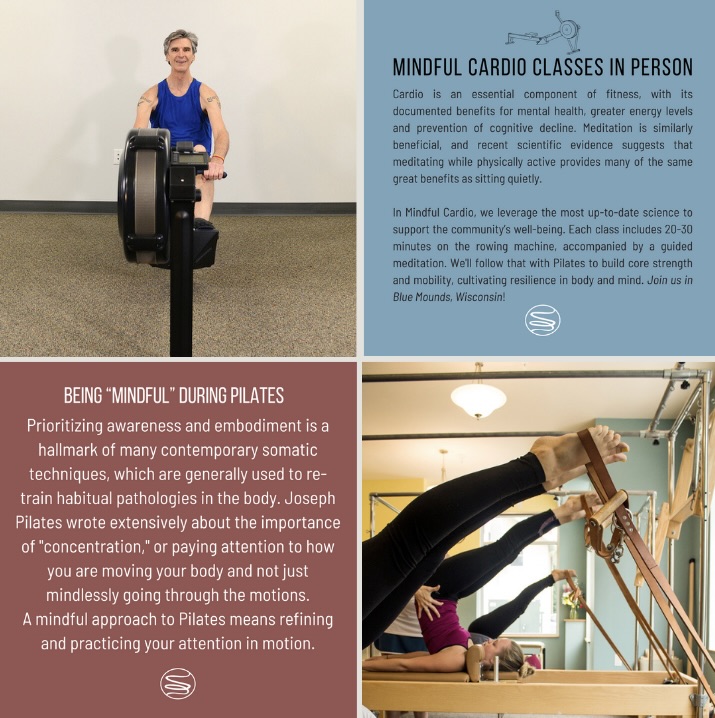More Protein Isn’t Necessarily Better For You
More isn’t always better. Sometimes more is less and often less is more. In the case of protein, it seems as though there are many voices advocating for more, more, more. I find this deeply puzzling and concerning.
To my knowledge, there are not any nutrients that continue conferring benefit beyond a certain threshold. Whether it’s excessive consumption of water (hyponatremia), some nutrients (vitamin toxicity) or sleeping too much (hypersomnia), anything that’s beneficial can ultimately inflect to become harmful. Protein is no exception.
As I covered in a prior posting, active people who are working to build muscle thrive on about 1-gram of protein per kilogram of body mass. When people do the arithmetic (1 kilogram = 2.2 pounds), the majority find that they’re consuming significantly more protein than their body has any use for. And many people thrive with far less than 1-gram of protein per kilogram of body mass!

This lunch supplied about 1/3 of my daily protein needs
More isn’t always better. Yes, some studies suggest that high protein consumption is beneficial, and these studies get most of the air time. However, there are an increasing number of rigorously controlled studies that link excess protein consumption to serious health problems.
A group out of the University of Pittsburgh (Zhang et al., 2024) recently demonstrated that high protein diets are associated with increased activity in a pathway that increases the risk for cardiovascular disease. While no single study “proves” anything, I think those of us who are interested in lengthening health span would do well to question what I’ve come to call the protein lunacy that’s found in many fitness communities.
I think the first sentence in this study’s abstract neatly summarizes the message:
High protein intake is common in western societies and is often promoted as part of a healthy lifestyle; however, amino-acid-mediated mammalian target of rapamycin (mTOR) signaling in macrophages has been implicated in the pathogenesis of ischemic cardiovascular disease.
To put this sentence into context, it’s basically saying that too much protein is associated with atherosclerosis. This is a really big deal, since atherosclerosis is associated with heart disease, vascular dementias, stroke, and kidney disease. Humans for-sure need protein to build muscle, though consuming too much protein has negative consequences. As in all things, balance is key.
Without even trying, a whole-foods/plant-based diet provides more than enough protein for building muscle, while also providing the non-soluble fiber that supports gut-health. For the health of the planet, welfare of animals and your personal health, I encourage you to consider ditching the meat in favor of eating a minimally processed, plant-based diet.
___________________________________________________________________________________
Zhang, X., Kapoor, D., Jeong, S. J., Fappi, A., Stitham, J., Shabrish, V., ... & Razani, B. (2024). Identification of a leucine-mediated threshold effect governing macrophage mTOR signalling and cardiovascular risk. Nature Metabolism, 6(2), 359-377.



Comments